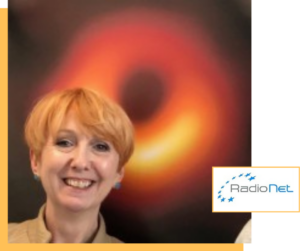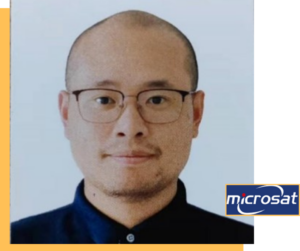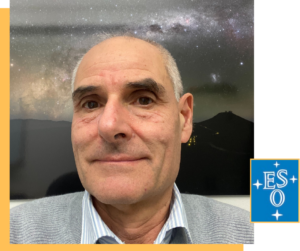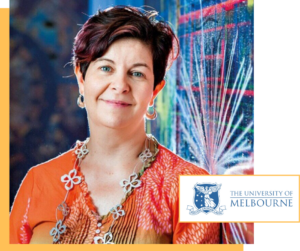Session 10: Looking to space for answers on Earth
Tuesday, 3rd December 4.30PM AEST | Plenary session
What’s new in space observations, and how it is pushing the frontier of knowledge?
The session will present the latest advances in space and ground telescopes, discuss the challenges ahead and the potential impact on scientific and industrial development. We’ll delve into the latest innovations in space observations, highlighting how cutting-edge developments in space and ground telescopes are expanding our understanding of the Universe.
Join us to discover how these pioneering efforts are shaping the future of space exploration and beyond.

Moderator
Dr Izabela Rottmann earned her PhD in radio astronomy in 1999, focusing on Compact Symmetric Objects. She works at the Max Planck Institute for Radio Astronomy in Germany and manages involved European Commission projects across Framework Programme FP6-FP9 since 2007. As RadioNet – European Radio Astronomy Consortium Manager since 2012, she advances European radio astronomy through leadership in various EC projects and international collaborations.

Panellist
Dr Zhiming Cai is the Director of the Scientific Satellite Institute at the Innovation Academy for Microsatellites, Chinese Academy of Sciences. He has extensive experience in science satellites, including the Einstein Probe, DAMPE, and the Taiji-I. He serves as an editorial board member for the Journal of Astronomy and Instruments and a youth committee member of the Chinese Society of Space Science. Committed to advancing space research and technology, Dr Cai contributes to innovative projects.

Panellist
Fabio Biancat Marchet is the Deputy Programme Manager and Programme Engineer of the European – Extremely Large Telescope (E-ELT). As an Electrical Engineer specialized in Control, Fabio began his career in underwater and space robotics. In 1994, he joined ESO, where he contributed to the Very Large Telescope project and later transitioned to the ALMA project. Since 2017, Fabio has been involved in the ELT project as Programme Engineer and Deputy Manager, overseeing both its technical and managerial aspects.

Panellist
Professor Elisabetta Barberio is a Professor of Physics in the School of Physics at the University of Melbourne. She currently serves as the Director of the ARC Centre of Excellence for Dark Matter Particle Physics (CDM). Previously, she was a staff researcher at CERN, the European laboratory of Particle Physics. She was involved with data analysis in the OPAL experiment at Large Electron Positron Collider at CERN.

Panellist
Professor Philip Diamond CBE is the Director General of the SKAO Observatory in the UK. Since 2012, Professor Diamond has led the SKAO designing and constructing an array of cutting-edge radio telescopes and antennas in remote areas of South Africa and Australia. SKAO will be the world’s leading research infrastructure for radio astronomy globally, providing science capabilities to the international astronomical community for decades to come. Prof Diamond has enjoyed a prestigious international career and was awarded the CBE for Services to Radio Astronomy in January 2024.
We acknowledge the Traditional Owners of the lands and waters throughout Australia, and pay respect to the Elders past, present and emerging. We recognise the importance of connection to culture, land, kinship and community to the health and wellbeing of Aboriginal & Torres Strait Islander families. We acknowledge the cultural practices and traditions still carried out today and being passed down to future generations.


